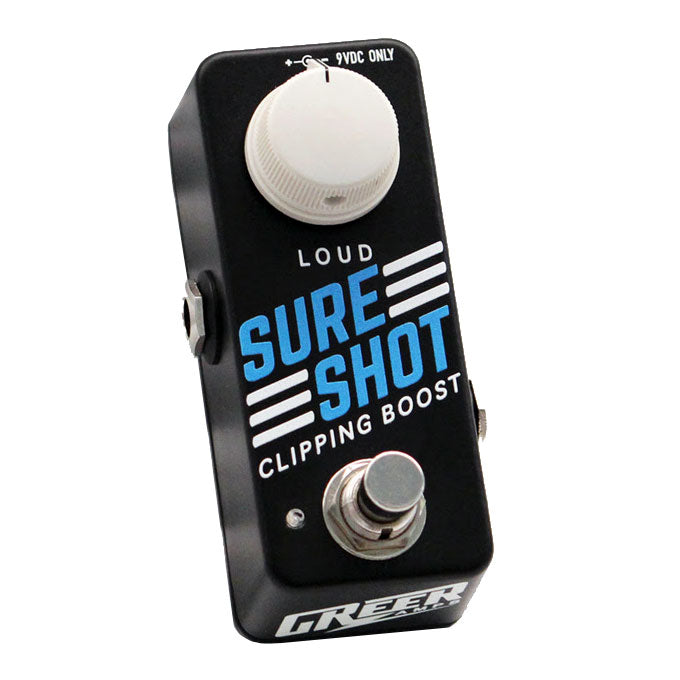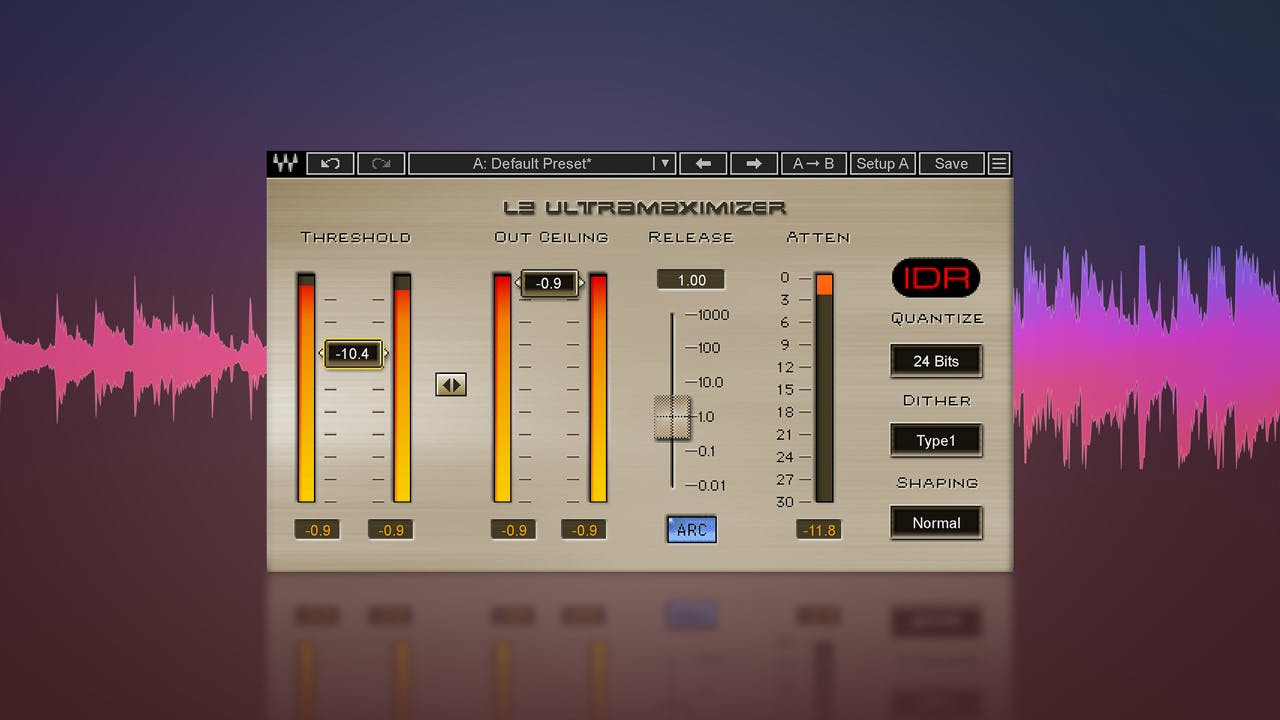To make your songs louder without clipping, use a limiter and equalization techniques. Enhance volume through compression and adjust frequencies for a balanced sound.
Achieve optimal loudness without sacrificing audio quality. Additionally, use gain staging to prevent distortion and maintain clarity in your music productions. By implementing these strategies, you can elevate the loudness of your songs effectively while avoiding clipping issues.
Understanding Loudness Wars
The Loudness Wars refer to the practice of pushing audio recordings to be increasingly louder.
Introduction To Loudness Wars
Key Point: Loudness Wars pertain to the escalation of audio levels in music production.
Effects Of Loudness Wars
- Reduced dynamic range in music
- Loss of details and nuances
- Potential distortion and clipping

Credit: m.youtube.com
Understanding Compression
Understanding Compression is crucial in the process of making your songs louder without clipping. Compression helps control the dynamic range of your audio, allowing you to boost the volume without causing distortion.
What Is Compression?
Compression is an audio signal processing technique that reduces the difference between the loudest and quietest parts of a track. It works by automatically lowering the volume of the peaks in the audio signal, making it more consistent and easier to increase overall volume.
Using Compression For Volume Boost
Compression is a powerful tool for increasing the perceived volume of your songs without introducing clipping. By setting the compression ratio and threshold correctly, you can smooth out the dynamics of your audio and make it sound louder and more polished.
Utilizing Limiters
Utilizing limiters is a crucial technique for making your songs louder without causing clipping. Limiters are powerful tools that can effectively control the dynamics of your music, providing more volume while preventing distortion. In this article, we will delve into the use of limiters and how you can utilize them to achieve a louder sound without sacrificing quality.
Introduction To Limiters
Limiters are dynamic processing tools that act as a safeguard for your audio signals, preventing them from exceeding a certain level, also known as the “threshold.” When a signal surpasses this threshold, the limiter automatically reduces its gain to keep it within the desired level, maintaining a consistent volume without allowing it to clip or distort. A limiter provides a hard ceiling for the audio signal, ensuring it does not exceed a specific amplitude.
Setting Limiters For Volume Boost
When setting up limiters for volume boost, it’s essential to carefully adjust the threshold and ratio parameters. The threshold determines at which point the limiter begins to act, while the ratio controls the amount of gain reduction applied once the threshold is breached. By finely tuning these settings, you can effectively increase the volume of your music without introducing unwanted distortion or artifacts.

Credit: www.visionguitar.com
Maximizing Eq Techniques
When it comes to making your songs louder without clipping, maximizing EQ techniques is an essential step in the mixing process. EQ, or equalization, allows you to fine-tune the frequency balance of your tracks and enhance their overall volume. By strategically adjusting different EQ parameters, you can achieve a more impactful and dynamic sound.
Using Eq To Enhance Volume
One effective way to make your songs louder using EQ is by boosting the appropriate frequencies. Identify the frequency bands that add clarity and presence to your mix, such as the upper midrange or presence range. Carefully apply a moderate boost to these frequencies, but be cautious not to overdo it, as excessive boosting can introduce distortion or harshness into the mix. Experimentation and critical listening are key here.
Additionally, you can also use EQ to reduce or attenuate frequencies that may be masking others in your mix. By cutting unnecessary frequencies, you create more space for the important elements to shine through, ultimately allowing you to increase the overall volume. Keep in mind that surgical EQ cuts can be more effective than broad strokes.
Balancing Eq For Maximum Impact
Imagine your mix as a whole spectrum of frequencies, each instrument occupying a unique range. Balancing EQ across these ranges is crucial for achieving maximum impact and loudness without compromising the integrity of the individual elements. Start by focusing on the low end, ensuring that your bass and kick drum have enough presence without being overpowering. Gradually move up the frequency spectrum, paying attention to each instrument’s role and defining their sonic space.
Using EQ in conjunction with other mixing techniques, like compression and saturation, can further enhance the perceived loudness of your songs. For instance, when combined with proper gain staging and strategic use of compression, EQ can help you achieve a more controlled and balanced sound, ultimately allowing you to push the overall volume while keeping the mix intact.
Remember, the goal is not just to make your songs louder; it’s to make them louder without compromising the quality and clarity of your mix. By understanding and utilizing the power of EQ, you can take your tracks to the next level and make them stand out in the crowded music landscape.
Mastering For Volume
Making your songs louder without clipping is a common concern for musicians and audio engineers. Clipping, which occurs when the audio signal exceeds the maximum level allowed, can result in distorted and unpleasant sound quality. However, with the right mastering techniques, you can achieve a louder sound while maintaining clarity and preserving the dynamics of your music. In this blog post, we will explore the importance of mastering for volume and discuss effective techniques to achieve the desired loudness.
Importance Of Mastering For Volume
Mastering for volume is crucial to ensure that your songs sound professional and impactful in various playback environments. When your music lacks volume, it may get lost among other tracks or fail to grab the listener’s attention. On the contrary, excessively loud songs can be fatiguing to the listener and may result in a loss of dynamic range, causing all elements to sound compressed and lifeless.
By mastering your songs for volume, you strike the right balance between loudness and dynamic range, ensuring that your music sounds powerful, clear, and consistent across different playback systems. This not only enhances the overall listening experience but also helps your songs stand out in today’s competitive music industry.
Effective Mastering Techniques
Here are some effective techniques to make your songs louder without clipping during the mastering process:
- 1. Optimize the mix: Before diving into the mastering process, ensure that your mix is well-balanced and free from any major issues. Addressing potential mix problems beforehand can save you from unnecessary headaches during mastering. Pay attention to the overall frequency balance, stereo width, and the placement of different elements in the mix.
- 2. Utilize compression: Compression is a powerful tool in mastering that helps control the dynamic range and improve overall loudness. Apply gentle compression to bring out the quieter parts of your mix and prevent sudden jumps in volume. Be careful not to over-compress and squash the life out of your music; aim for a natural-sounding result.
- 3. Utilize multi-band compression: Multi-band compression allows you to selectively compress different frequency ranges in your mix. This technique helps bring out specific elements without affecting the overall balance. Use it to control any frequency-specific dynamics that may be causing your mix to lack perceived loudness.
- 4. Use EQ to enhance clarity: Proper equalization can greatly improve the perceived loudness of your songs. Use EQ to remove any unnecessary frequencies that may muddy up the mix and make your music sound less defined. Boosting the right frequencies can also add presence and impact to your tracks.
- 5. Apply limiting: Limiting is a crucial step in mastering for achieving loudness without clipping. It allows you to set a maximum level for your music while controlling peak transients. Use a limiter to carefully increase the overall loudness of your songs without introducing distortion or unwanted artifacts.
Remember, the goal of mastering for volume is not simply to make your songs as loud as possible, but to find the perfect balance where they sound powerful, dynamic, and consistent across different listening environments. Experiment with these techniques and always trust your ears to determine the best outcome for your music.

Credit: www.waves.com
Frequently Asked Questions Of How Do I Make My Songs Louder Without Clipping
How Can I Make My Songs Louder Without Clipping?
To make your songs louder without clipping, you can use dynamic range compression techniques. This involves reducing the volume of the loudest parts of your song and increasing the volume of the quieter parts. By balancing the levels, you can achieve a louder overall sound without distorting or clipping the audio.
What Is Clipping In Music Production?
Clipping in music production occurs when the volume level of an audio signal exceeds the maximum limit that can be accurately reproduced. It results in distortion and harsh, unpleasant sounds. To avoid clipping, it is important to monitor the audio levels and use techniques like gain staging and limiting to keep the levels in check.
Can Mastering Make My Songs Louder Without Clipping?
Yes, mastering can make your songs louder without clipping. Professional mastering engineers use specialized tools like compressors and limiters to carefully control the dynamics of your music and achieve a loud, punchy sound. Through careful processing and balancing, they enhance the overall volume while maintaining audio quality and preventing clipping.
Conclusion
Mastering the art of making your songs louder without causing clipping is crucial for an impactful sound. By utilizing proper gain staging, compression, and limiting techniques, you can achieve the desired loudness without sacrificing quality. Remember to always monitor your levels and avoid excessive processing.
Incorporating these techniques will help you achieve professional-sounding and impactful music.